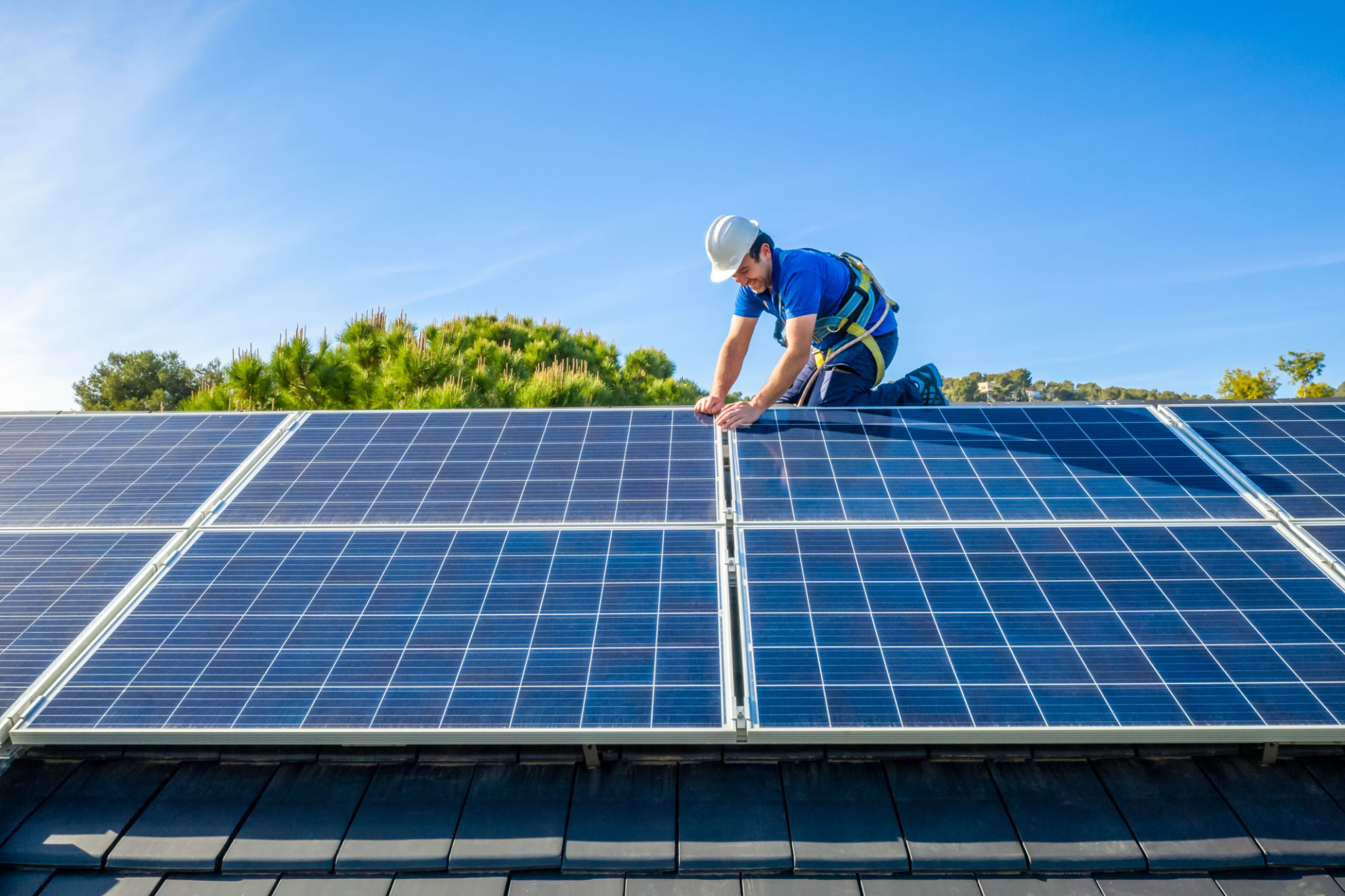Solar Panels vs. Traditional Energy Sources: A Denver Homeowner's Guide
Understanding Solar Panels
Solar panels have become an increasingly popular choice for homeowners looking to reduce their carbon footprint and save on energy costs. By harnessing the power of the sun, solar panels convert sunlight into electricity, providing a clean and renewable source of energy. For Denver homeowners, this can be particularly beneficial given the city's abundant sunshine.

Benefits of Solar Energy
One of the most significant advantages of solar energy is its environmental impact. Unlike traditional energy sources like coal and natural gas, solar power produces no harmful emissions. This makes it an excellent choice for those looking to contribute to a healthier planet. Additionally, solar panels can significantly reduce or even eliminate your monthly electricity bills, offering long-term financial savings.
Another benefit is energy independence. By generating your own electricity, you become less reliant on the grid and protected from fluctuating energy prices. This stability can be especially appealing in times of economic uncertainty.
Traditional Energy Sources
Traditional energy sources, such as coal, natural gas, and nuclear power, have been the backbone of our energy system for decades. These sources are reliable and can provide a consistent supply of electricity. However, they come with environmental concerns. The extraction and burning of fossil fuels release greenhouse gases, contributing to climate change.

Cost Considerations
The cost of traditional energy sources can vary based on market conditions and governmental policies. While initially less expensive than installing solar panels, these costs can add up over time. In contrast, solar panels require an upfront investment but often pay for themselves within a few years through savings on energy bills.
Many homeowners in Denver may also qualify for state and federal incentives to offset the installation costs of solar panels, making them a more attractive financial option in the long run.
Maintenance and Longevity
Solar panels are known for their durability and low maintenance needs. Once installed, they require minimal upkeep, usually just periodic cleaning and inspections to ensure optimal performance. Most solar panels come with warranties that last 20 to 25 years, providing peace of mind for homeowners.

Traditional Energy Maintenance
On the flip side, traditional energy systems may require more frequent maintenance and repairs. Power outages or disruptions in service can also occur due to issues with infrastructure or supply chains. These potential interruptions highlight the importance of having a reliable backup source of energy.
Making the Decision
When deciding between solar panels and traditional energy sources, Denver homeowners should consider several factors: initial costs, long-term savings, environmental impact, and personal values. While solar panels offer numerous benefits, it's crucial to assess your home's specific energy needs and financial situation.
Consulting with a local solar energy provider can help you better understand the potential savings and return on investment specific to your home. Whether you choose to go solar or stick with traditional energy sources, making an informed decision will ensure that your choice aligns with your goals and lifestyle.